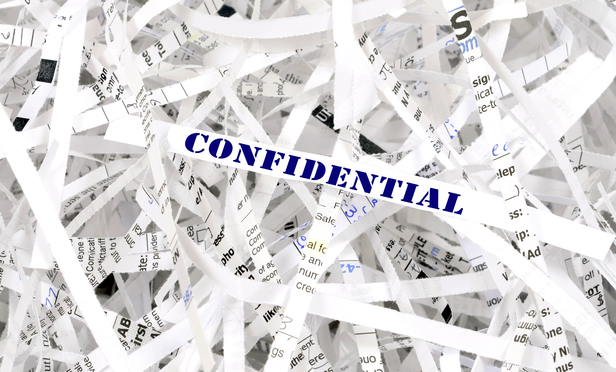Civil litigation is a critical tool for companies seeking to protect their trade secrets, prevent future disclosure of trade secrets, and remedy wrongs occasioned by past disclosures of trade secrets. Ironically, employing that tool risks the very sort of public disclosure it aims to prevent and remedy.
Courts fortunately have become more permissive of under-seal filings, minimizing the risks of publicly disclosing trade secrets that would otherwise be fully accessible to the public through paper and electronic files. Rules and local procedures vary, but they generally require the court’s permission to file under seal, either through an order granting a motion for leave to file under seal or through an order adopting a stipulation among the parties.
This content has been archived. It is available through our partners, LexisNexis® and Bloomberg Law.
To view this content, please continue to their sites.
Not a Lexis Subscriber?
Subscribe Now
Not a Bloomberg Law Subscriber?
Subscribe Now
LexisNexis® and Bloomberg Law are third party online distributors of the broad collection of current and archived versions of ALM's legal news publications. LexisNexis® and Bloomberg Law customers are able to access and use ALM's content, including content from the National Law Journal, The American Lawyer, Legaltech News, The New York Law Journal, and Corporate Counsel, as well as other sources of legal information.
For questions call 1-877-256-2472 or contact us at [email protected]



